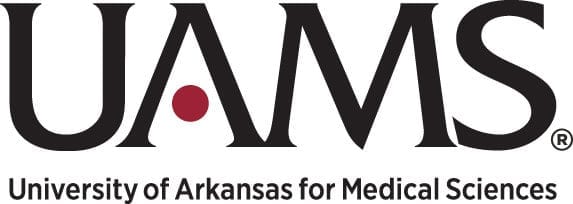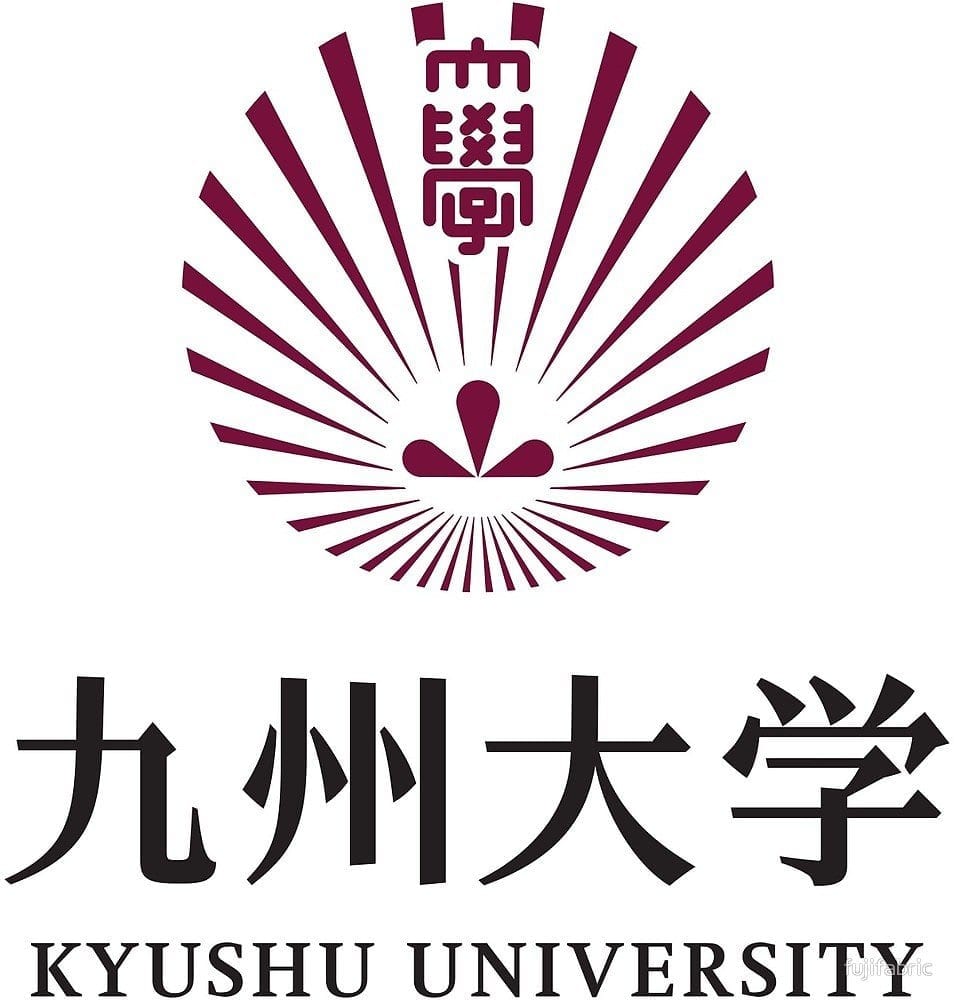
The University of Aberdeen (abbreviated as Aberd. in post-nominals) is a public research university in Aberdeen, Scotland
The Latest Bing News on:
University of Aberdeen Research
- James Cleverly can do 100 – but can you do 10? Here’s why press-ups matter
The Home Secretary James Cleverly this week revealed that he’s joined thousands of others in raising money for Cancer Research UK by doing 100 ... head of sport science at the University of Aberdeen.
- The seven lies of the AI expert who cited himself thousands of times on scientific papers
Juan Manuel Corchado is the only candidate for the top position at the prestigious University of Salamanca in Spain despite artificially boosting his metrics to look like a world eminence ...
- Memorial for scientist murdered in 1978 unveiled
The University of Aberdeen dedicated a plaque to Dr Page ... Harrisson, who was then a research scientist, was immediately a suspect. He was apprehended in the hours after the murder and ...
- Aberdeen's universities call for reversal of Scottish Government funding cuts 'stymying' their work
As with several of Scotland’s more modern institutions, Aberdeen-based Robert Gordon University (RGU) was hit particularly hard, with its teaching, research and innovation budget decreasing by £1.8m.
- 'Incredibly Rare' Prehistoric Finds May Have Marked Path To Afterlife
An archaeological survey has uncovered numerous previously unknown monuments, including five rare Neolithic structures.
The Latest Bing News on:
University of Aberdeen Discovery
- Archaeologists uncover structures possibly serving as 'Pathways for the Dead'
This theory is based on their alignment with the morning sun during summer solstice, and proximity to other ancient burial sites. The application of LiDAR technology was instrumental in this discovery ...
- 16 best hotels in Hong Kong that ensure you a lively stay
Here are the 16 best hotels in Hong Kong for an exhilarating stay. Bookmark for your next vacation in the city.
- Archeologists Say They've Found Ancient Underground "Pathways for the Dead"
Ancient Ruins The verdant rolling hills of Ireland are filled with historically significant structures, like cathedrals and castles, and yet some older ruins that date to prehistoric times remain ...
- Archaeologists discover monuments that may have been 'pathways for the dead'
Archaeologists in Baltinglass, Ireland, used LiDAR to uncover ancient "pathways for the dead," including five Middle Neolithic cursus monuments. These discoveries challenged previous assumptions about ...
- Lasers reveal prehistoric Irish monuments that may have been 'pathways for the dead'
Archaeologists discovered the monuments in Baltinglass, a town in County Wicklow in eastern Ireland, using lidar (light detection and ranging), a technique in which an aircraft flies overhead while a ...








